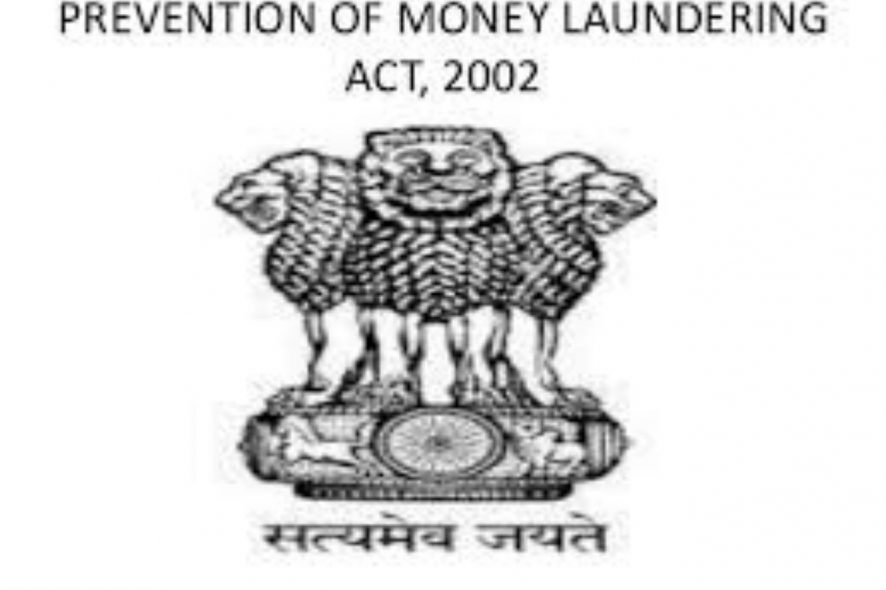Appellate Tribunal for SAFEMA, FEMA, PMLA, NDPS & PBPT Act: The Coram of Manmohan Singh, J. (Chairman) and G.C. Mishra (Member) allowed the appeal of a person whose property, allegedly pertaining to a money laundering transaction, had been seized.
An FIR was registered by the CBI in 2017 under Section 13 of the Prevention of Corruption Act, 1988 and Sections 120B read with Sections 420, 467, 468 and 471 of the Penal Code, 1860 against a company Sterling Biotech Ltd. Sole allegation against appellant was that he was involved in erasing and taking a backup of certain digital data/records pertaining to one Ghanshyam Pandya, and that he was in possession of certain documents/records/property relating to money laundering. His residential premises were searched and the respondent sealed his 4 mobile phones, 2 pen drives, 2 mobile tablets, and 1 laptop. The Adjudicating Authority passed an order under Section 8(3) of Prevention of Money Laundering Act, 2002 confirming retention of the property. Hence, the present appeal.
Dr Shamsuddin, Advocate appearing on behalf of the appellant contended that Section 20(1) of PMLA mandates that the officer authorised by Director is under an obligation to record the ‘reason to believe’ in writing as to why the seized property is to be retained for adjudication under Section 8. Further, the authorised officer must forward a copy of the order for the retention of the property along with the material in his possession in a sealed envelope to the Adjudicating Authority. On the basis of the ‘reason to believe’ recorded under Section 20(1) and the order passed under Section 20(2), Adjudicating Authority must record a satisfaction under Section 20(4) that the property is prima facie involved in money laundering and is required for adjudication under Section 8. There was no compliance of the statutory mandates.
The Court noted that nothing had been brought on record to prove that the seized properties had any nexus or link whatsoever with money laundering. Settled law states that if a particular thing is to be done in a particular manner, it must be done in that manner only and none other. Reliance in this regard was placed on Dipak Babaria v. State of Gujarat, 2014 (3) SCC 502.
Counsel for the respondent Mr Nitish Rana admitted that appellant was not arrayed in the FIR nor any criminal complaint was pending against him. More than one and a half year had passed and still, nothing was revealed against the appellant.
It was opined that Section 8(3)(a) PMLA provides that the attachment or retention of property or record seized shall continue during the investigation for a period not exceeding 90 days. Since the said period had already elapsed, and no prosecution complaint had been filed against the appellant, therefore it was held that the seizure had lapsed. Accordingly, the respondent was directed to return the property retained by it to the appellant. [Arvind Gupta v. Deputy Director Directorate of Enforcement, Delhi, 2019 SCC OnLine ATPMLA 3, Order dated 25-03-2019]






